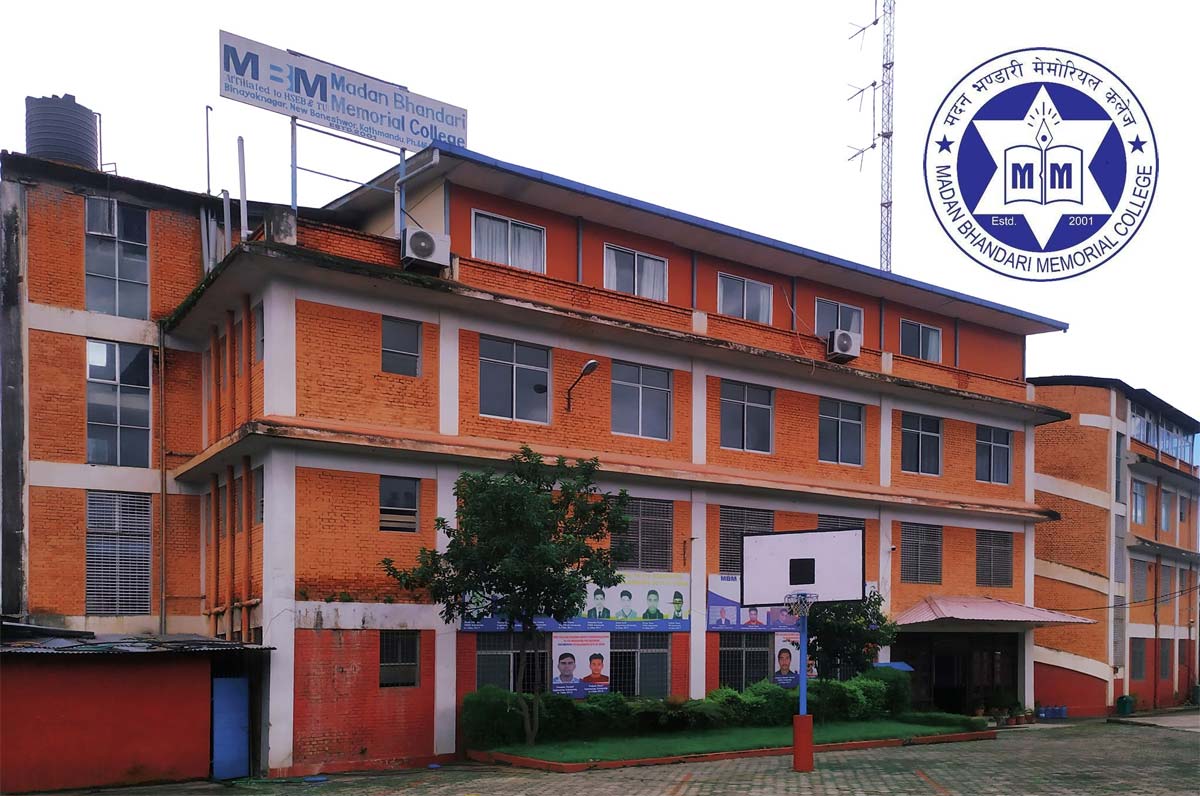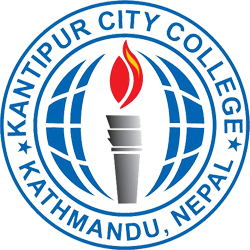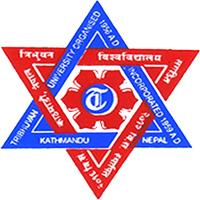Overview
MA in Journalism and Mass Communication at Madan Bhandari Memorial College, New Baneshwor, Kathmandu
MA in Journalism and Mass Communication (MAJMC) at Madan Bhandari Memorial College (MBM College), New Baneshwor, Kathmandu runs under Tribhuvan University Faculty of Humanities and Social Sciences (FOHSS).
The program spans four semesters across two academic years and covers newsroom practice, media ethics, research, public communication, digital production, and audience analysis.
Students learn reporting routines while using the campus radio to practice studio skills, program scripting, and on-air presentation. Internal assessment supports steady progress, and end-semester examinations confirm mastery under university rules.

Introduction
The MA in Journalism and Mass Communication at MBMC serves Nepali students who want accurate, structured preparation for media and communication roles. Classroom sessions focus on reporting standards, verification, legal boundaries, and source management. Practical classes in radio and video build habits that transfer to newsroom desks, community media, and institutional communication work.
Your study path includes seminars, close reading of media texts, short research essays, and guided presentations. A capstone phase brings together reporting, production, and analysis in a supervised project or dissertation.
Highlights
-
Affiliation: Tribhuvan University, FOHSS
-
Duration: four semesters (two years)
-
Credit volume: follows the FOHSS credit plan for master’s coursework
-
Assessment: internal tasks during each semester and a final examination under FOHSS
-
Practice platform: campus radio for studio operations and on-air presentation
-
Outputs: reporting portfolios, audio/video packages, media research assignments, and an applied project or dissertation
Curriculum Details
Reporting and Writing
Students develop news judgment, beat mapping, and source lists. Exercises include straight news, features, explanatory pieces, and profiles. Editing practice covers headlines, intros, structure, and style consistency across platforms.
Media Law and Ethics
Classes cover defamation, contempt, right to privacy, and access to information. Ethics sessions examine attribution, conflicts of interest, photo use, children’s rights, and sensitive coverage. Case notes train students to defend choices against editorial guidelines and legal frameworks.
Media Research and Audience Analysis
Seminars introduce research questions, sampling, content analysis, survey basics, and interview protocols. Assignments require instrument preparation, field notes, data cleaning, and short reports. Audience discussions connect metrics to editorial and distribution decisions.
Radio and Audio Production
Studio labs teach script formats, voice work, sound gathering, and editing workflows. Students rotate through producer, host, and technician roles for bulletins, interviews, and magazine segments. The campus radio schedule provides deadlines that mimic real operations.
Television and Video Production
Workshops cover shot planning, framing, sound quality, and sequence building. Students prepare short packages with b-roll, interviews, and lower thirds. Editing sessions address continuity, pacing, and caption accuracy.
Digital Journalism and Multimedia
Modules address CMS basics, headline variants, SEO hygiene for news, and visual explainers. Students create quick-turn explainers and longer reads. Assignments include verification logs for social media material.
Public Communication and Development Communication
Learners study message planning for public bodies, NGOs, and local programs. Tasks include press notes, brief statements, and short campaign scripts. Evaluation checks clarity, facts, and audience fit.
Media Management and Entrepreneurship
Classes introduce budgeting, scheduling, team roles, and policy compliance in media houses. Assignments simulate desk rosters, wage bill planning, and platform mix decisions. Students reflect on sustainability in community and local outlets.
Electives and Special Topics
Electives vary by semester and may include photojournalism, data storytelling, international communication, or media literacy education. Reading lists change with staff expertise and cohort interest.
Project / Dissertation and Internship
The final phase includes a supervised project or a dissertation that uses research methods taught in earlier semesters. An internship with a newsroom, radio, TV unit, or communication office builds applied experience and a reference for early employment.
Objectives
-
Knowledge: build clear understanding of newsroom routines, ethics, and law
-
Practice: develop reporting, editing, and production skills across formats
-
Research: plan and complete small-scale media studies with clean documentation
-
Communication: write for public audiences and present findings with accuracy
-
Professional growth: prepare students for structured newsroom work and institutional communication roles
Scope
Graduates move into entry-level reporting, production, newsroom desk work, community radio programming, content strategy, and communication support roles in NGOs and local bodies. Skills also transfer to education, documentation units, and research assistance positions that need careful writing and verified information.
Learning Outcomes
-
Gather information from multiple sources and verify before publication
-
Write clear copy for print or web and edit for structure, tone, and accuracy
-
Produce radio or video pieces that meet timing, audio quality, and script standards
-
Conduct basic media research and present results in concise formats
-
Prepare public statements and short briefings for institutions and local programs
-
Build a portfolio that displays reporting range and production capacity
Skill Development Modules
-
Newsroom routines: beat plans, source mapping, and daily filing
-
Editing drills: headlines, intros, voice checks, and fact grids
-
Audio production: script formats, voice practice, and timeline-based editing
-
Video workflows: shot lists, interview framing, and sequence building
-
Digital checks: verification logs, link hygiene, and caption accuracy
-
Research practice: instrument design, data logs, and short analytic notes
-
Presentation: on-air delivery, studio handovers, and press briefings
Teaching Methodology
Faculty use lectures, seminars, and labs anchored to a weekly plan. Practical sessions occur in studios and editing rooms, with rotating roles for students. Internal assessment includes quizzes, short essays, field notes, and production files. Feedback cycles target clarity, timing, and ethical choices. Peer review helps students learn to justify edits and rewrite quickly under deadline.
Admission Requirements
-
Eligibility: Bachelor’s degree recognized by Tribhuvan University, preferably in Journalism/Mass Communication or a related field
-
Entrance: FOHSS master’s entrance examination during the admission cycle
-
Documentation: transcripts, character certificate, identity proof, and recent photographs as per the intake notice
-
Selection: college-level screening and seat confirmation within the announced window
-
Attendance: students follow college rules to qualify for internal and final assessments
Assessment, Attendance, and Graduation Rules
-
Internal assessment: assignments, quizzes, presentations, production files, and mid-term checks
-
Final examination: end-semester exam under FOHSS rules
-
Project / dissertation: supervised submission with viva or presentation
-
Internship: placement report and evaluation from the host organization
-
Attendance: students meet the college’s minimum requirement to sit examinations
Career Opportunities
-
News reporting: local desks, beat coverage, and stringing
-
Production: audio and video units for radio, TV, and digital platforms
-
Newsroom desk: copy editing, layout coordination, and rundown management
-
Community radio: programming, public information segments, and magazine shows
-
Institutional communication: press notes, web updates, and campaign briefs for NGOs and local bodies
-
Research assistance: content audits, media mapping, and basic data analysis
Scholarships and Financial Aid
-
Categories: merit-based and need-sensitive support announced per intake
-
Application: submission within deadlines with the required documents
-
Continuation: scholarship retention linked to academic progress and conduct
Why Choose This Course?
The course offers steady newsroom practice, campus radio exposure, and research grounding under a clear university framework. Students learn to meet deadlines, defend editorial choices, and document sources. The location in New Baneshwor helps learners maintain a regular routine for classes, labs, and studio slots.
Conclusion
MA in Journalism and Mass Communication at Madan Bhandari Memorial College provides a structured master’s route focused on reporting craft, ethical judgment, studio production, and audience-aware writing. Graduates leave with a portfolio, a research-based project or dissertation, and internship experience that supports early roles across Nepal’s media and communication sector.
FAQ
What is the program duration?
Duration: four semesters across two academic years.
How are students assessed?
Assessment: internal tasks each semester and a final examination under FOHSS; project or dissertation and internship are required components.
Does the course include practical studio work?
Practice platform: campus radio and production labs for recording, editing, and on-air presentation.
What are the entry requirements?
Eligibility: a recognized Bachelor’s degree; Entrance: FOHSS master’s entrance exam; Documentation: standard academic and identification records within the intake window.
What roles do graduates pursue?
Graduate pathways: entry-level reporting, production, newsroom desk work, community radio programming, content strategy, and communication support roles in NGOs and local bodies.




















